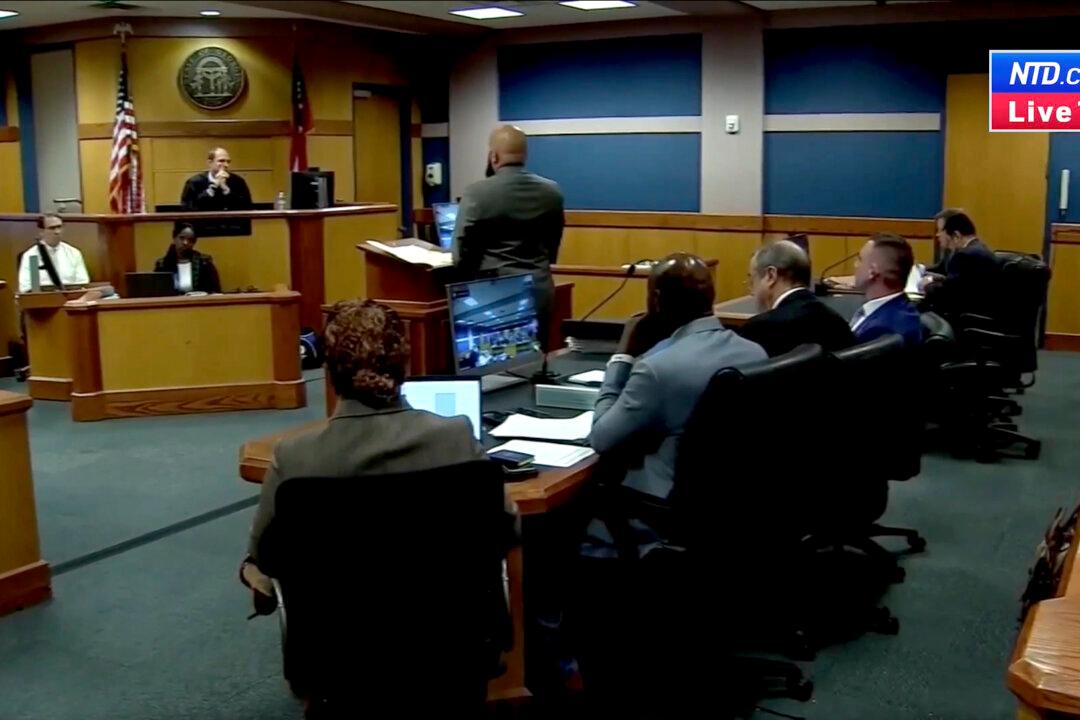It may be unfeasible for prosecutors to try former President Donald Trump and all his 18 co-defendants together in the Georgia case against him, a judge presiding over the case has suggested. The prosecutors may thus be forced to try their case at least twice.
The case was brought on Aug. 14 by Fulton County District Attorney Fani Willis. She alleged that the efforts of President Trump and more than a dozen others to challenge the results of the 2020 elections amounted to a criminal enterprise.





